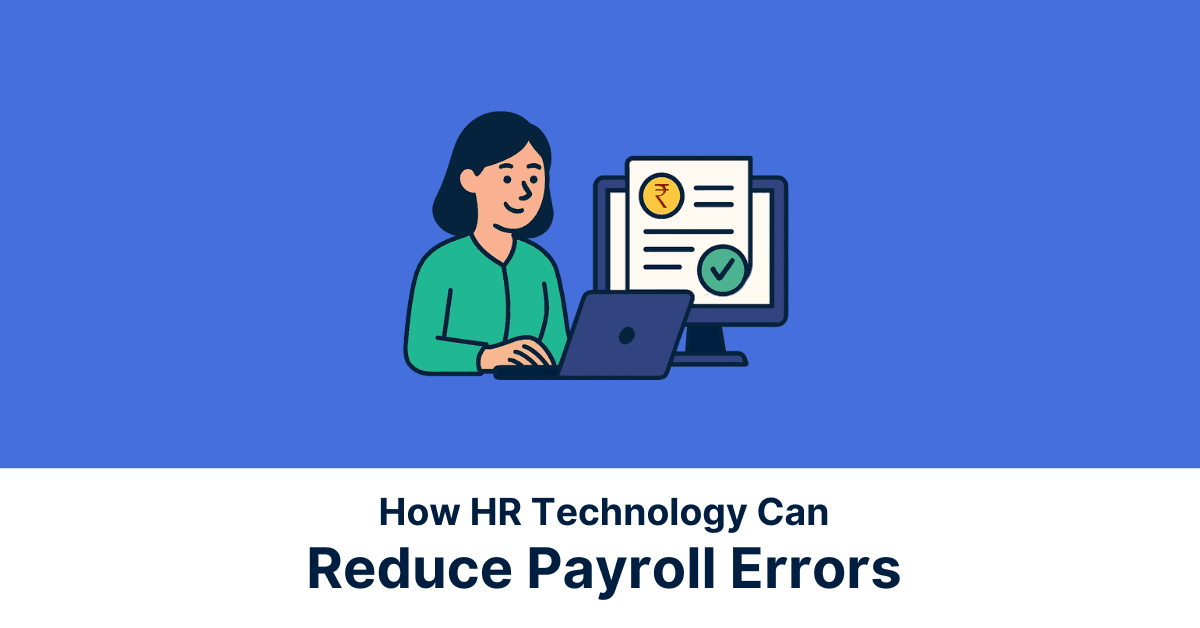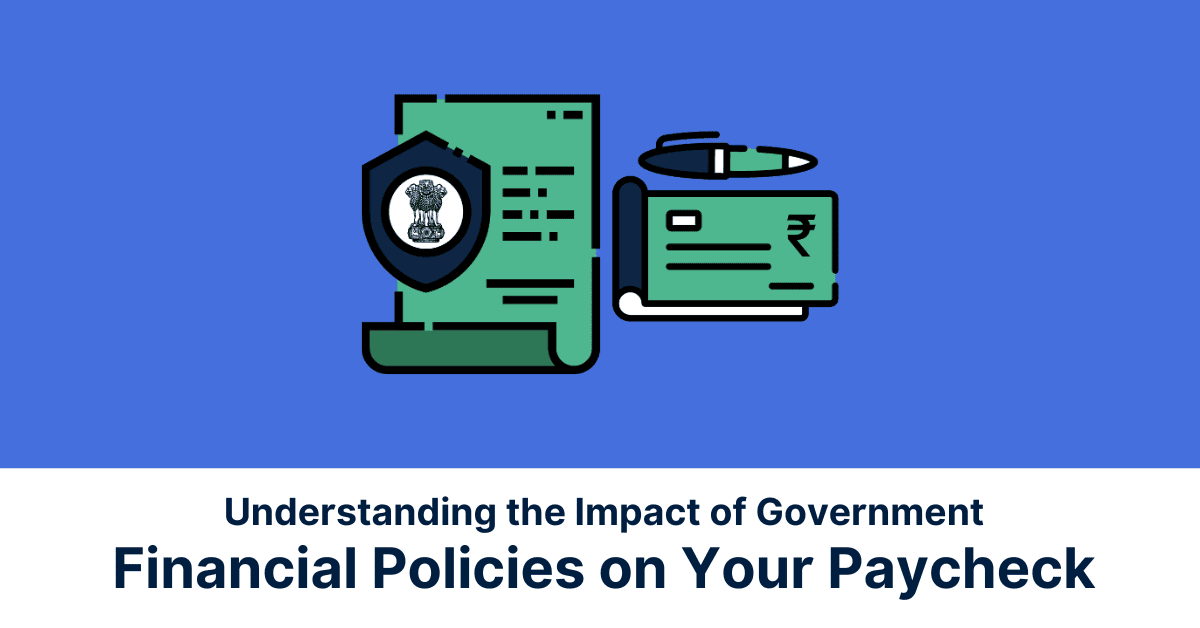The economic uncertainty with rising inflation, Covid-19 bouts and ongoing war, financial stability has been on an exponential decline, stemming issues relating to meeting basic intrinsic needs of living costs and healthcare expenses, while showing a drastic leap in debts.
With growing financial uncertainty, employees are under financial stress more than ever, leading to lower levels of productivity and job satisfaction. There is a need for a solution more intrinsic and fundamental in nature than just compensation. The perfect solution, you ask? Financial Wellness!
What is Financial Wellness?
Financial wellness is an umbrella term used to denote the concept of one’s holistic wellness or health with respect to finance, including softer aspects such as knowledge, awareness, and preparedness for unforeseen emergencies.
When it comes to the business’ bottom line and organizations’ interest in employees’ financial wellness, it is important to prioritise financial wellness for it all boils down to their biggest pain point: Money. An employee’s ability to manage their finances has a directly proportional effect on their motivation, involvement, and efficiency at work, which can greatly impact the business’s yield.
Understanding the Importance of Financial Wellness
With the global economic conditions showing overwhelmingly dynamic trends, making it hard to feel a sense of stability, numerous employees have been finding it difficult to be prepared for unforeseen expenses, while the majority also lack the means to have better savings, all of which in turn leads to insurmountable levels of financial stress. Sometimes, these stress factors show a compounded effect on an individual due to their limited understanding of all things finance.
According to the Financial Wellness Survey done by PwC, over 75% of employees feel that high levels of financial stress lead to a decline in motivation and overall productivity. Their feeling of dissatisfaction and disengagement can have a ripple effect on their peers, thereby impacting the morale of the workforce. While on the flip side, employees who are empowered by their employers to have better knowledge and increased levels of awareness about financial management (such as the ability to pay bills on time, maintain savings and emergency funds) are usually better equipped to concentrate on their work, become more engaged, and maintain productivity.
What is a Financial Wellness Solution?
Financial wellness solution is a voluntary perk provided by employers to their employees, with the sole objective of educating and empowering the employees in reducing their financial stress through tools that help in smarter financial management. Financial wellness tools include offerings such as financial coaching, budgeting & savings tools, investment options, and expense tracking from a bird’s eye view of an individual’s personal finances.
How is Financial Wellness beneficial for an Employer?
Though financial wellness is usually directed towards benefitting the employees and the impact is usually visible in a short span, there are certain underlying, long-term benefits that are reaped by the employers after embracing the concept of financial wellness for employees. The benefits are:
Productivity Improvement
Financial woes and debt repayment are factors that can easily distract an employee from work-at-hand. There is a significant impact on an employee’s productivity when they are burdened with anxiety relating to finances, seeing as the stress leads to a lack of motivation and disengagement. This can easily be rectified by inculcating financial wellness tools like financial coaching, provision for earned wage access etc., thereby helping employers in unlocking the untapped potential of employee productivity.
Improved Loyalty Quotient
Financial wellness solutions are designed in a manner that lets employers have the freedom of exploring hyper-personalisation for employees on the basis of demographics and segmentation. This in turn makes employees not only feel valued at the organisation but is a strong testament to the work culture. This helps employees feel appreciated and satisfied in their job, beyond the usual compensation and benefits package, thereby leading to a strong sense of loyalty with the employer and organisation as a whole.
Reduced Absenteeism
Employees tend to take frequent leaves to cope with financial stress or to deal with the repercussion of it. This leads to an overall decline in their engagement level, while also setting a wrong precedence for the rest of the workforce. When provided with optimum tools for smarter financial planning and management, the need for a break due to overwhelming stress is reduced drastically, in turn leading to reduced levels of absenteeism.
Reduced Turnover Rate
With a more employee-friendly work culture, where means of hyper-personalisation are provided to the employees to cater to their financial needs, the incentive for employees to switch jobs is reduced significantly, while a well-accounted-for turnover rate is a testament to job seekers of the organisation’s likeability, thereby also attracting crème de la crème of the talent pool.
Conclusion
There is an undeniable need of the hour for a financial wellness program that does not gives employees a sense of financial security and freedom through various tools, but also focuses on their holistic wellness. With economic uncertainties being stagnant, there is an innate need for a 360-degree financial wellness solution and its implementation, making it a priority for employers.
At Jify, we’re on a mission to increase employees’ wellness while simultaneously helping employers build better relationships with their workforce through means of financial solutions.
Want to be an employer of the future? Contact us to learn more about how we can help make Financial Wellness a walk in the park for your organisation!
*Disclaimer:
The information contained herein is not intended to be a source of advice concerning the material presented, and the information contained in this article does not constitute investment advice. The ideas presented in the article should not be used without first assessing your financial situation or without consulting a financial professional.



















